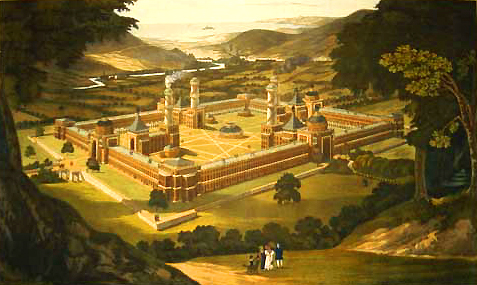"Many of these young financiers dreamed of leaving Ukraine. So did many of the students I met at a university. There were three themes they repeated. First, they wanted an independent Ukraine. Second, they wanted it to become part of the European Union. Third, they wanted to leave Ukraine and live their lives elsewhere. It struck me how little connection there was between their national hopes and their personal hopes. They were running on two different tracks. In the end, it boiled down to this: It takes generations to build a nation, and the early generations toil and suffer for what comes later. That is a bitter pill to swallow when you have the option of going elsewhere and living well for yourself now. The tension in Ukraine, at least among the European-oriented, appears to be between building Ukraine and building their own lives."
Read more: Geopolitical Journey, Part 6: Ukraine | STRATFOR
This disconnect, or lack of integration, or split in modern living & persons is symptomatic of something much more frightening. People want Utopia, but are not willing (themselves) to sacrifice even an iota to make something better for someone else. But this was the entire basis of "civilization", not merely as understood during the Dark Ages or the Christian Era, but even in ancient Rome or Greece. He who died freely for his fellows was the hero, and the State modeled itself after him. Today, we laugh & call such sacrifice stupidity.
Read more: Geopolitical Journey, Part 6: Ukraine | STRATFOR
This disconnect, or lack of integration, or split in modern living & persons is symptomatic of something much more frightening. People want Utopia, but are not willing (themselves) to sacrifice even an iota to make something better for someone else. But this was the entire basis of "civilization", not merely as understood during the Dark Ages or the Christian Era, but even in ancient Rome or Greece. He who died freely for his fellows was the hero, and the State modeled itself after him. Today, we laugh & call such sacrifice stupidity.









Matthew:
I don't disagree with anything you said, except that history demonstrates that it is quite difficult to maintain any dynamic synthesis over time. Even if Guenon were correct about the necessary deterioration brought about by time -- and I reject that thesis entirely -- there is no virtue in simply surrendering to entropy. Nor do I think that we should in any way devalue the historical time into which we are born, which is as providential and valuable as any -- or, it is our duty to render it so.